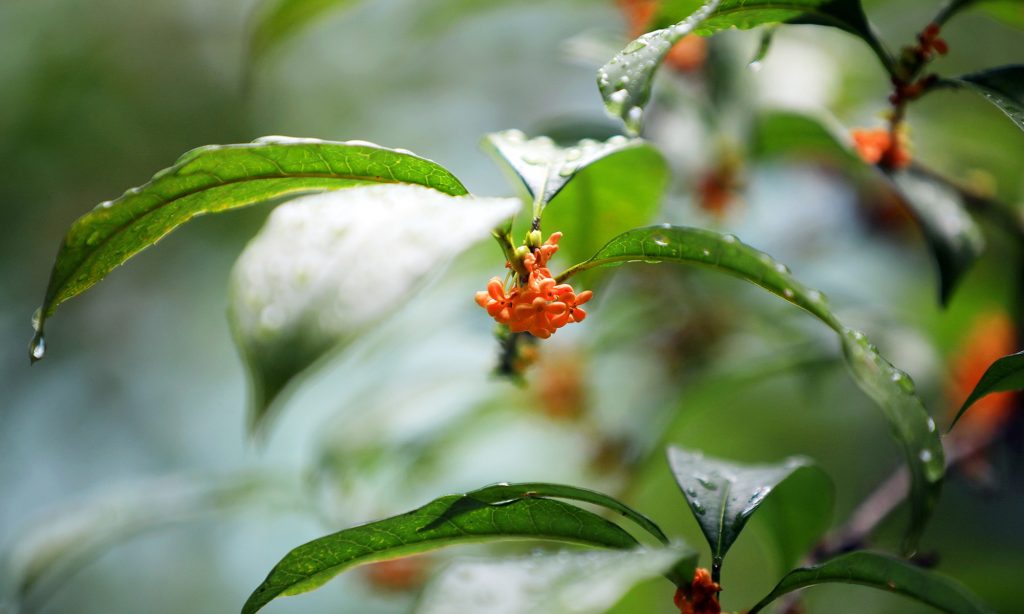Hanlu: Cold Dew marks autumn’s transition toward winter

"Hanlu" or Cold Dew, the fifth solar term in autumn, marks a significant shift in the season. Falling on Tuesday, October 8 this year, it is the seventeenth in the twenty-four solar terms. This period stands as the turning point between cool and cold, and heralds the approach of winter.
During Cold Dew, temperatures drop far below the earlier White Dew, and surface dew starts condensing to frost, a harbinger of winter's impending arrival. During this period, Northeast China enters late autumn, while the Northwest ushers winter in.
Snow begins to fall on the Qinghai-Tibet Plateau, in the Northeast and in Xinjiang Uygur Autonomous Region; meanwhile, daytime temperatures in South China gradually fall below 20 C and rarely exceed 30 C along the Yangtze River.
Ancient Chinese divided the 15 days of Cold Dew into three pentads. The first pentad welcomes the arrival of the geese that completed their migration in summer. The second pentad reflects the belief that sparrows transform into clams due to their similar stripes and colors. In the third pentad, yellow chrysanthemums bloom, and indeed the period of Cold Dew coincides with the ninth month of the lunar calendar, which is also known as the month of chrysanthemum.
Besides appreciating the beautiful flowers, during the cold days of Hanlu, people also enjoy drinking chrysanthemum tea and tasting chrysanthemum wine.
Cold Dew is a perfect time for hikes and enjoying the seasonal landscapes from the mountain peaks. Additionally, viewing colorful maple leaves is a popular pastime during this season.
This season also draws tourists to enjoy the vibrant autumn foliage, sip on chrysanthemum wine and taste flower cakes, all elements that are synonymous with the season.
Meanwhile, Cold Dew is a great time for fishing. Because the temperature drops so fast, sunlight cannot reach the deep waters, a natural occurrence that leads the fish swim toward shallower areas where the water temperature is still relatively high, making fishing easier.
Another seasonal tradition is drinking autumn tea, which is made from the tea leaves picked in the first three days and last four days of Cold Dew.
Beyond the pleasures of the fall, as the weather cools and the air becomes dry, people often experience dry throats and noses. To combat these effects, it's important to adjust one's diet to prevent dryness.
Cold Dew, with its cooler temperatures, vibrant foliage, and rich traditions, not only marks the seasonal transition from autumn to winter but also invites people to enjoy the beauty of nature and embrace cultural customs that nourish both the body and spirit.